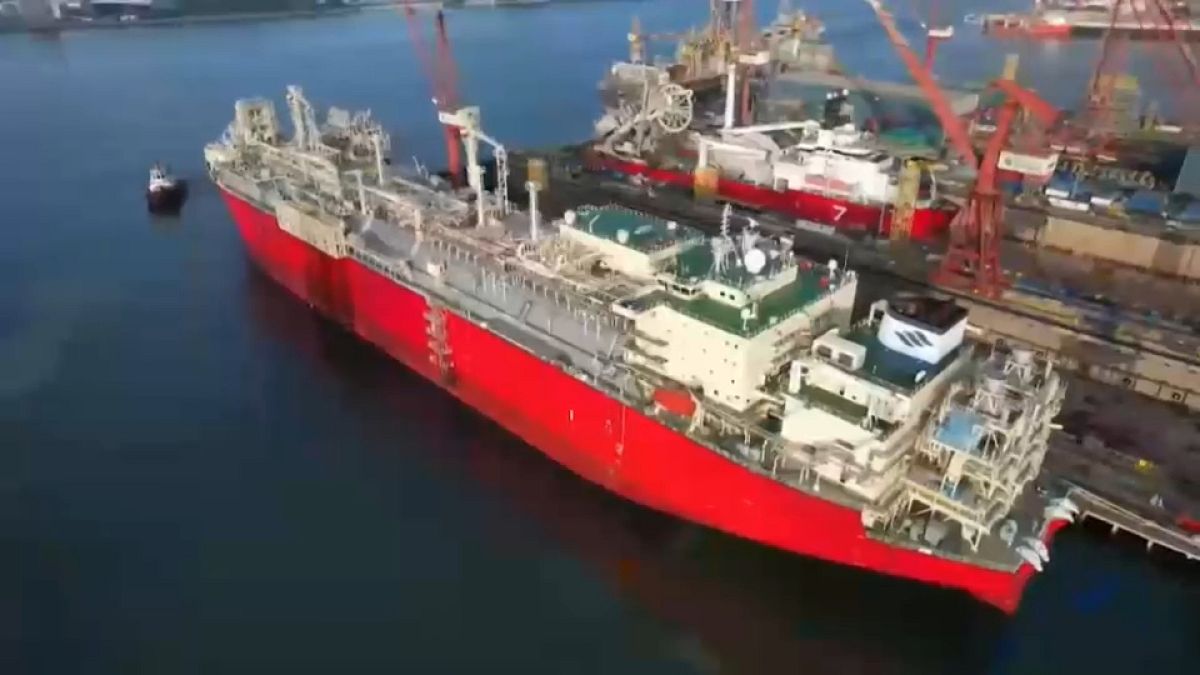A new liquified natural gas (LNG) project in the Greek city of Alexandroupolis funded by the European Commission aims to reduce southeastern Europe’s dependence on Russian gas. The project includes a floating storage tank, a regasification unit, and a pipeline system that will transport natural gas to consumers in Greece, Bulgaria, Romania, North Macedonia, Serbia, Moldova, Ukraine, Hungary, and Slovakia. The project’s first phase has received an investment of over €157 million from the European Commission and is expected to generate €382 million in CO2 emissions and fuel-switch savings by replacing coal and oil with gas.
The CEO of Greece’s natural gas transmission system operator DESFA, Maria Rita Galli, stated that the new project will increase Greece’s export capacity to 8.5 billion cubic meters by early next year. Currently, the region, including Greece, Ukraine, Moldova, and Hungary, relies on Russia for approximately 20 billion cubic meters of natural gas. By reducing this dependence on Russian gas, the project aims to create jobs in the region and strengthen the local economy. Additionally, the project will serve as an important gateway for LNG to reach other parts of southeast Europe that are heavily reliant on Russian gas.
The European Commission’s investment in the new LNG project highlights the importance of reducing southeastern Europe’s reliance on Russian gas. With the aim of creating jobs and promoting economic growth in the region, the project includes a comprehensive system of pipelines that will transport natural gas to multiple countries in southeastern Europe. By replacing coal and oil with gas, the project is expected to generate significant savings in CO2 emissions and fuel-switch costs, benefitting both the environment and the economy.
The CEO of DESFA emphasized the strategic significance of the new LNG project, noting that it will significantly increase Greece’s export capacity for natural gas. By reducing southeastern Europe’s dependence on Russian gas and providing an alternative source of natural gas, the project aims to enhance energy security in the region. In addition to benefiting the local economy, the project is expected to strengthen energy infrastructure in southeastern Europe and promote sustainable energy practices in the region.
The new LNG project in Alexandroupolis represents a major step towards reducing southeastern Europe’s reliance on Russian gas and promoting energy security in the region. By diversifying its energy sources and investing in LNG infrastructure, Greece aims to create a more resilient and sustainable energy system. The European Commission’s investment in the project underscores the importance of reducing dependence on Russian gas and promoting alternative sources of energy in southeastern Europe. As the project progresses, it is expected to generate significant economic benefits for the region and contribute to a more sustainable energy future.











